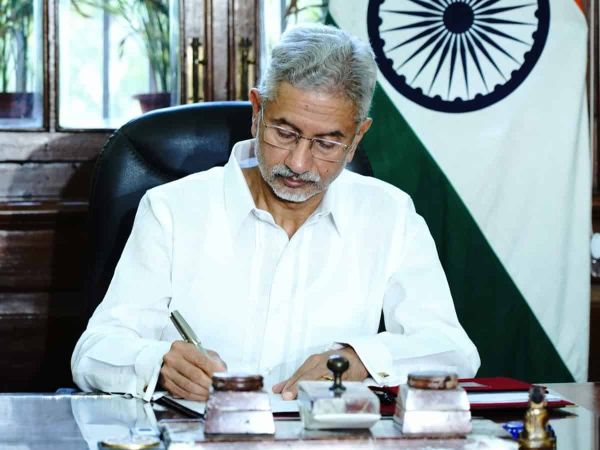The global sovereign credit rating agency, Morningstar DBRS on Friday upgraded India’s Long-Term Foreign and Local Currency – Issuer Ratings from BBB (low) to BBB with a Stable trend.
India’s Short-Term Foreign and Local Currency Issuer Ratings were also upgraded to R-2 (high) from R-2 (middle) with a Stable trend.
Key drivers for the upgrade include India’s structural reforms through infrastructure investments, digitalisation etc., all of which facilitated fiscal consolidation (declining debt and deficit) and sustained high growth (clocking an average GDP growth of 8.2% during FY22-25) with macroeconomic stability (stabilised inflation, range bound exchange rate and sound external balance). A resilient banking system featuring well-capitalised banks with a high capital adequacy ratio and a 13-year low non-performing loans was another significant driver for the upgrade.
The credit rating may be further upgraded if India continues to implement reforms that raise the investment rate, enhancing medium-term growth prospects. The report also stated that despite the current public debt levels, risks to debt sustainability are limited due to local currency denomination and long maturity structures. Further, continued reforms and a reduction in the public debt-to-GDP ratio could bring further upgrades.
The rating scale for Morningstar DBRS is similar to the Fitch and S&P rating scales (Morningstar DBRS uses 'high' and 'low' as suffixes compared to the +/- nomenclature used by Fitch and S&P).
#Operation Sindoor
India-Pakistan Clash Live Updates| Missiles, shelling, and attacks — here’s all that’s happening
Pakistani Air Force jet shot down in Pathankot by Indian Air Defence: Sources
India on high alert: What’s shut, who’s on leave, and state-wise emergency measures
Key drivers for the upgrade include India’s structural reforms through infrastructure investments, digitalisation etc., all of which facilitated fiscal consolidation (declining debt and deficit) and sustained high growth (clocking an average GDP growth of 8.2% during FY22-25) with macroeconomic stability (stabilised inflation, range bound exchange rate and sound external balance). A resilient banking system featuring well-capitalised banks with a high capital adequacy ratio and a 13-year low non-performing loans was another significant driver for the upgrade.
The credit rating may be further upgraded if India continues to implement reforms that raise the investment rate, enhancing medium-term growth prospects. The report also stated that despite the current public debt levels, risks to debt sustainability are limited due to local currency denomination and long maturity structures. Further, continued reforms and a reduction in the public debt-to-GDP ratio could bring further upgrades.
The rating scale for Morningstar DBRS is similar to the Fitch and S&P rating scales (Morningstar DBRS uses 'high' and 'low' as suffixes compared to the +/- nomenclature used by Fitch and S&P).








